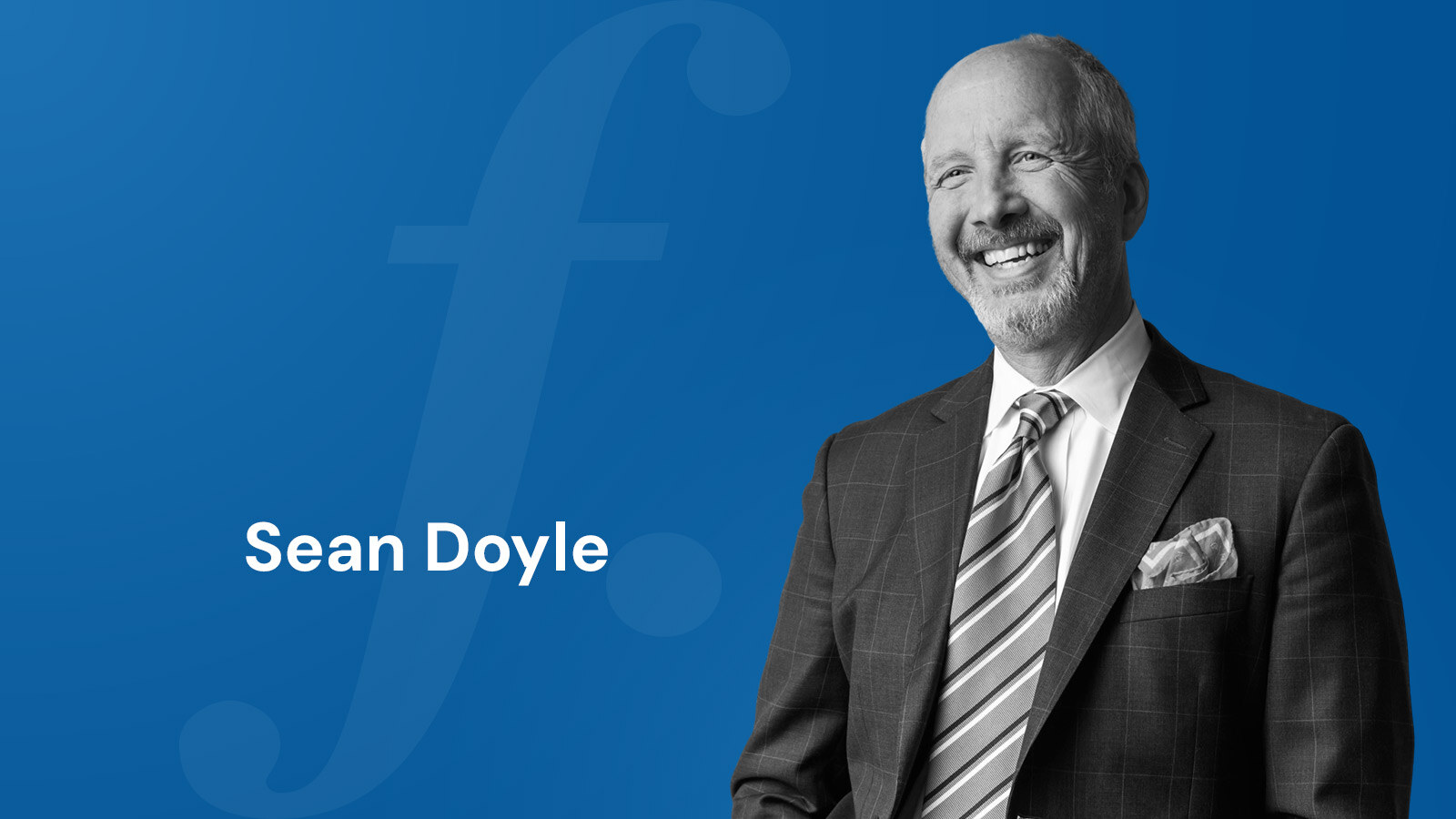Podcast | Episode 29
We Overlook Emotional Value Despite Its Importance to Our Clients

B2B professionals often focus exclusively on revenue gain and cost reduction as ways to provide value to customers, overlooking an incredibly useful value proposition: emotional value. In today’s episode of Aligned, Sean discusses the importance of delivering value to customers to drive sales, utilizing several frameworks to understand just how you can develop and showcase value as an organization.
Value is nuanced.
- Value seems like a simple concept, but it’s remarkably complex. Formulaically, value is simply benefits divided by costs.
- However, in application, it’s meeting the customer's unmet needs, wants, and demands. These can be divided into four categories: functional, monetary, social, or psychological.
- In An Inquiry Into the Nature and Causes of the Wealth of Nature, author Adam Smith describes what is now called the paradox of value: “[T]he things that have the greatest value in use frequently have little or no value in exchange. On the contrary, those which have the greatest value in exchange frequently have little or no value in use.”
- Water is critical for life but cheap to procure. Conversely, diamonds have little utility but possess a tremendously high exchange value.
- The value triad states that there are three ways we can offer value to a customer: revenue gain, cost reduction, and emotional contribution.
The untapped benefits of providing emotional value:
- Revenue gain and cost reduction are more tangible because they translate easily to money, while emotional contribution is subjective.
- Emotional contribution, or emotional value, uses the customer’s past experiences, brand perception, social power, product packaging, and other aspects to draw unique but definitive value to the individual rather than the company.
- We tend to market and sell on revenue gain and cost reduction, making emotional value the most significant place for growth.
- For example, we could help purchasers gain visible wins that make them appear more valuable to their company.
- If you’re late in a deal and the prospect asks you to give more, don’t do it by reducing the price. Instead, consider reducing the risk for the buyer.
Episode resources
- Find FitzMartin at our website, or connect with Sean Doyle on LinkedIn.
- To learn more about the paradox of value, grab Adam Smith’s book, An Inquiry Into the Nature and Causes of the Wealth of Nature.
- You can find the Aligned podcast on our website, Spotify, and Apple Podcast.





